Artificial Intelligence (AI), once a concept that resided solely within the pages of science fiction novels and the imaginative minds of futurists, has now become an integral part of our reality. It’s not just a technological advancement; it’s a transformative force that is redefining the way we live, work, and interact with the world around us. Its influence is pervasive, extending across a multitude of sectors, from healthcare and finance to transportation and entertainment, and even beyond.
In the healthcare sector, AI is being harnessed to predict disease patterns, personalize treatment plans, and even assist in complex surgeries. In finance, it’s being utilized for risk assessment, fraud detection, and algorithmic trading, revolutionizing the way we manage and interact with our finances. In transportation, AI is at the forefront of developing self-driving cars and smart traffic management systems, promising a future of safer and more efficient travel. In the realm of entertainment, AI algorithms are curating personalized content, enhancing the user experience like never before.
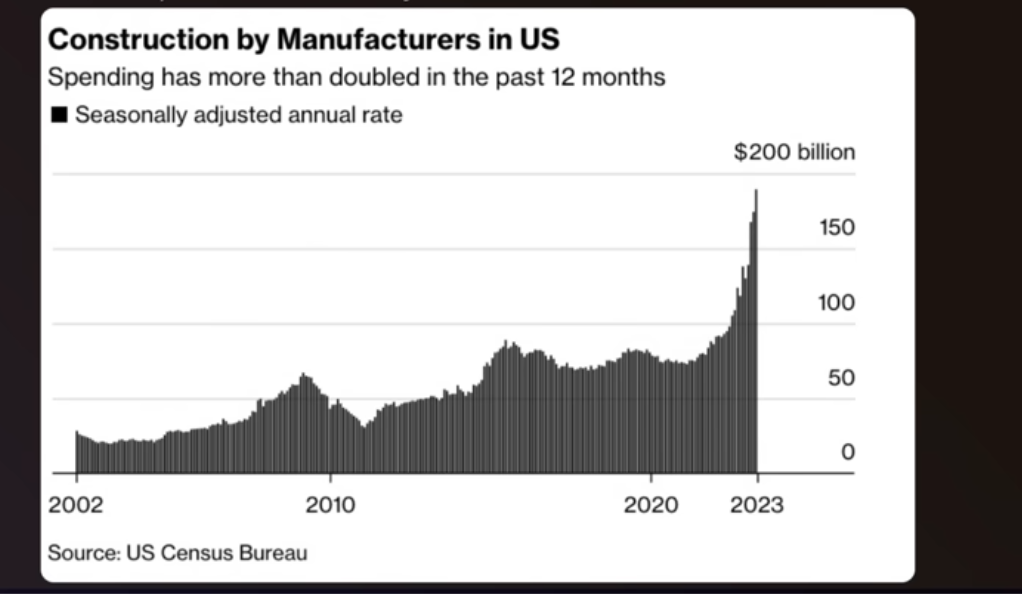
Understanding Artificial Intelligence
Artificial Intelligence, or AI, is a term that has been part of our lexicon for decades, yet it’s a concept that many still find elusive. To truly grasp the implications of AI on our world and our future, we must first understand what it is and how it works.
At its most fundamental level, AI is a subfield of computer science that endeavors to create systems capable of performing tasks that would normally require human intelligence. This includes a wide array of functions such as speech recognition, learning from experience, planning, problem-solving, and even the ability to perceive the environment. The ultimate objective of AI is to augment our capabilities, streamline our lives, and increase efficiency and productivity across various sectors.
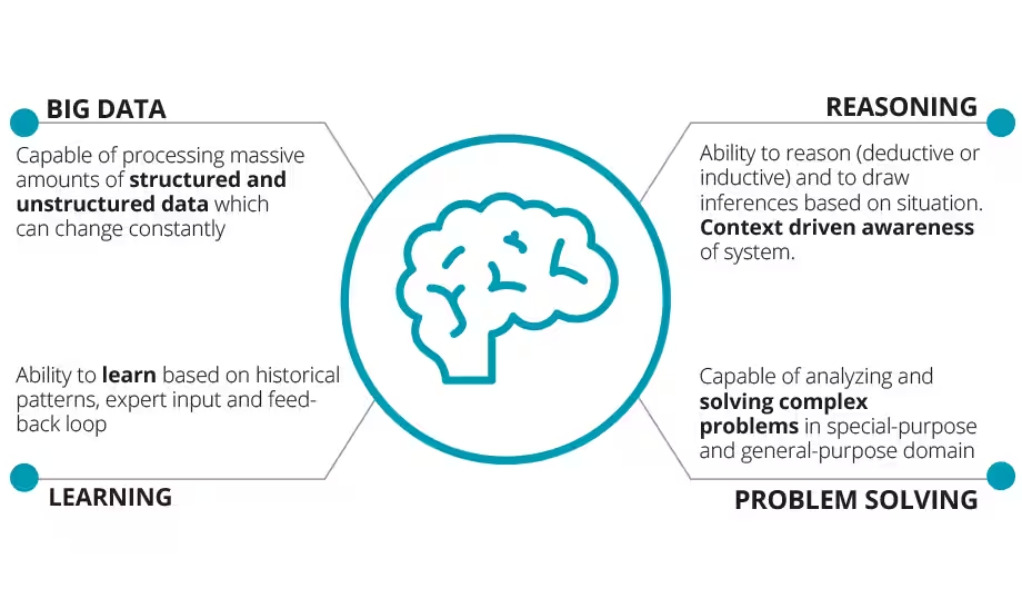
AI is not a novel concept. In fact, the term was first introduced by John McCarthy in 1956 during the Dartmouth conference, a seminal event that brought together leading thinkers in the field of computer science. This marked the birth of AI as a new discipline within computer science. However, the journey of AI from a theoretical concept to a practical, ubiquitous technology has been a long and complex one.
Over the decades, AI has undergone significant evolution and growth, fueled by technological advancements and the explosion of data. The advent of more powerful computing systems and the proliferation of data have provided the necessary ingredients for AI to thrive. Machine learning, a subset of AI that involves the development of algorithms that allow computers to learn from and make decisions based on data, has particularly benefited from this data boom.
Today, AI is not just a subject of academic research or a feature of sci-fi movies; it’s a reality that permeates every aspect of our lives. It’s in the smartphones we use, powering virtual assistants like Siri and Alexa. It’s in our cars, with AI algorithms enabling features like automatic braking and lane-keeping assist. It’s in our homes, with smart home devices automating everything from temperature control to security. It’s even in our workplaces, with AI tools helping to automate tasks, analyze data, and drive decision-making.
AI is not just changing the way we live and work; it’s also transforming the way we play. In the entertainment sector, AI is being used to recommend personalized content, create realistic video game environments, and even write music and scripts.
In essence, AI is no longer a futuristic concept; it’s a present-day reality. And as technology continues to advance and data continues to grow, the role and impact of AI in our lives are only set to increase. Understanding AI is not just about understanding a technology; it’s about understanding a force that is reshaping our world.
The Potential for Job Losses
Here’s where things get a bit tricky. As AI becomes more advanced, it’s capable of performing tasks that were once solely the domain of humans. Routine, predictable activities are particularly at risk. Think of a factory worker doing the same task day in, and day out, or a data entry clerk inputting numbers into a system. These jobs could potentially be automated, leading to job losses. But how widespread could these losses be? That’s the million-dollar question.
According to a report by McKinsey, up to 800 million global workers could lose their jobs to robot automation by 2030. That’s a staggering number. But it’s not all doom and gloom. While AI may replace certain jobs, it could also create new ones. Jobs that we can’t even imagine today. After all, who could have predicted a decade ago that we’d have jobs like social media manager or drone operator?
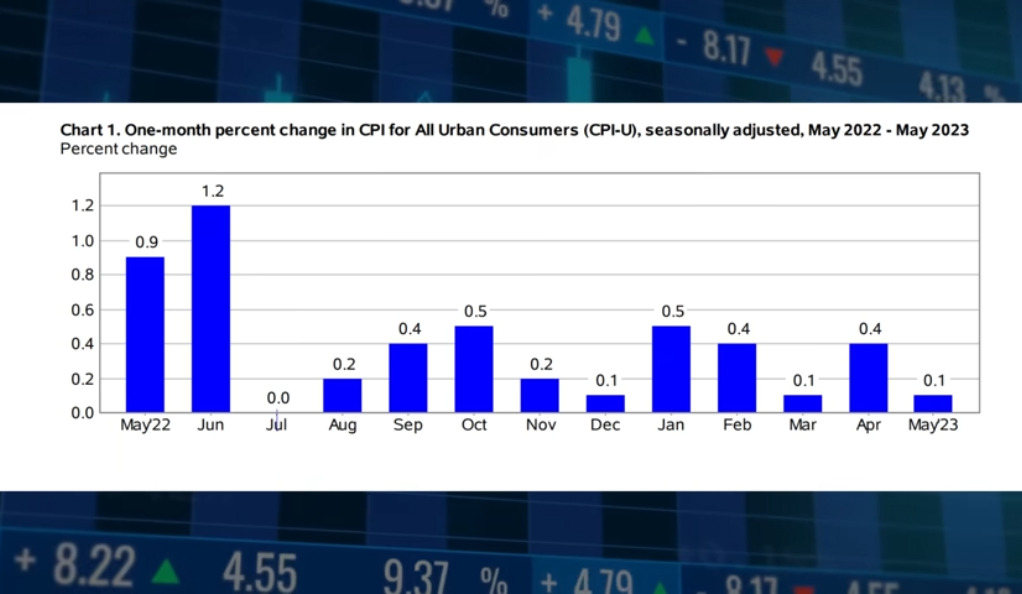
The Economic Impact of AI
The narrative around AI and its impact on employment often centers around the potential for job losses. However, this is just one facet of the story. AI is not merely a potential job eliminator; it’s also a catalyst for economic transformation. This transformation has the potential to reshape our economies in ways that could lead to increased productivity and economic growth.
On the flip side, AI could also exacerbate income inequality. If the benefits of AI are concentrated in the hands of a few, we could see a widening gap between the rich and the poor. It’s a delicate balancing act that needs careful management.
According to a report by the World Economic Forum, AI could create a “winner-takes-all” economy, where a small number of companies and individuals reap the majority of the benefits. This could lead to increased social tension and political instability. It’s a scenario we must strive to avoid.
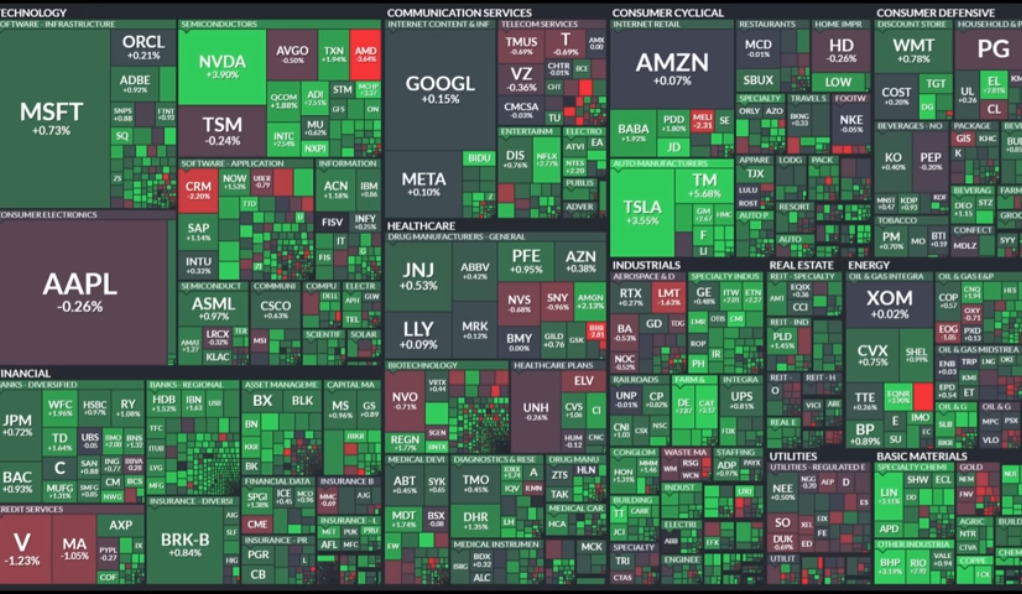
Preparing for the AI Revolution: Policy Recommendations
So, how do we navigate this brave new world? Education and training are key. As routine jobs become automated, there’s a growing need for skills that AI can’t replicate – creativity, critical thinking, emotional intelligence. Governments should invest in education systems that foster these skills.
Moreover, policies should be implemented to ensure the benefits of AI are distributed evenly. This could be anything from progressive taxation, to universal basic income, to wealth redistribution. The goal is to prevent an AI-induced dystopia.
But it’s not just about government intervention. Businesses also have a role to play. They should invest in their employees, providing them with the trainingand resources they need to adapt to the changing job market. They should also strive to create inclusive work environments, where everyone, regardless of their background or skill level, has the opportunity to thrive.
The Role of AI in Job Creation
While much of the discourse around AI and employment focuses on job losses, it’s important to also consider the potential for job creation. Just as the Industrial Revolution led to the creation of jobs that didn’t exist before, so too could the AI revolution.
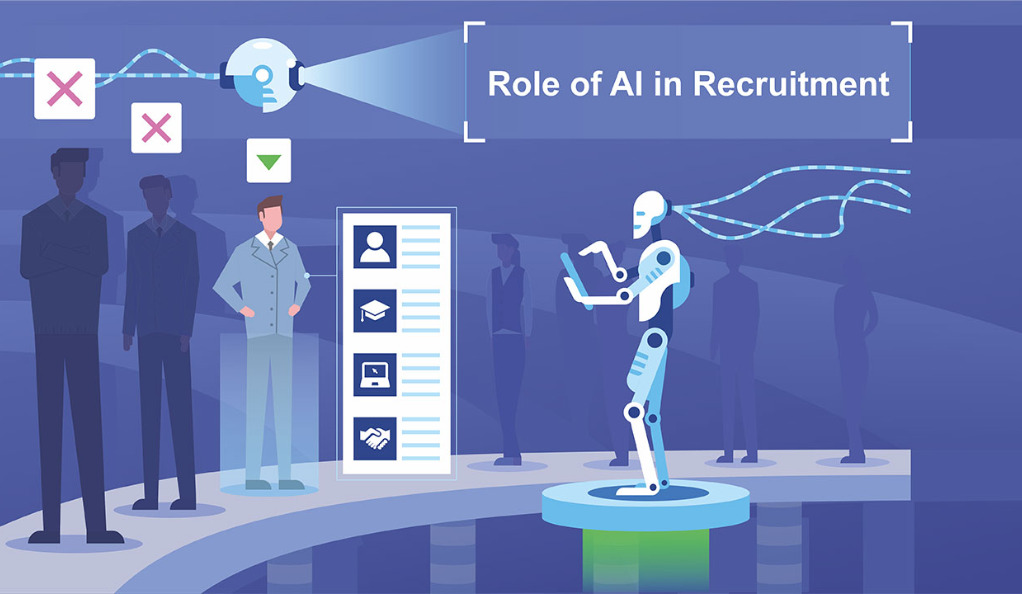
For instance, as AI systems become more complex, there will be a growing need for AI specialists – people who can design, maintain, and improve these systems. Similarly, as more businesses adopt AI, there will be a growing demand for AI ethicists – people who can navigate the ethical minefield that AI presents.
Moreover, AI could also lead to job creation in other, less obvious ways. For instance, by automating routine tasks, AI could free up time for workers to engage in more complex, creative tasks. This could lead to the creation of new roles and opportunities.
The Future of AI and Employment
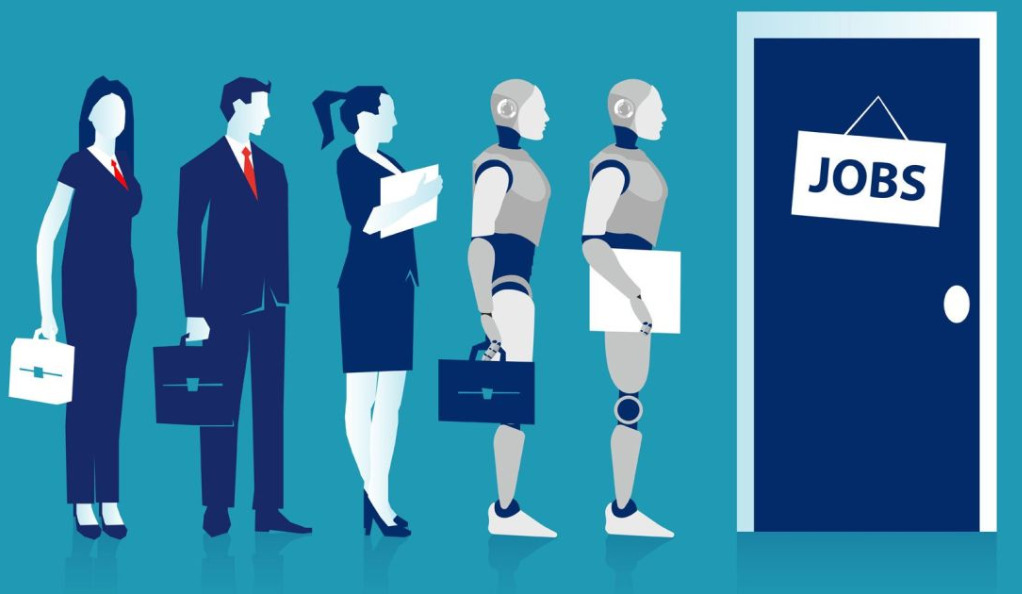
The future of AI and employment is uncertain. What’s clear, though, is that AI is here to stay. It’s not a question of if, but when and how AI will reshape the job market. As we stand on the cusp of this AI revolution, it’s crucial that we steer it in a direction that benefits everyone, not just a select few.
Predicting the exact impact of AI on employment is no easy task. It depends on a multitude of factors, from the pace of technological advancement, to the policies implemented by governments, to the actions taken by businesses. What’s certain, though, is that change is coming. And it’s coming fast.
Conclusion
In conclusion, Artificial Intelligence (AI) presents us with a paradox of progress. On one hand, it holds the promise of a future where machines augment human capabilities, leading to unprecedented levels of productivity and economic growth. It has the potential to revolutionize the job market, creating new roles and industries that we can’t even conceive of today. It could transform our economies, making them more efficient, dynamic, and prosperous.
On the other hand, AI also brings with it the risk of job displacement and increased income inequality. As machines become increasingly capable of performing tasks that were once the exclusive domain of humans, there’s a risk that many jobs could become obsolete. Moreover, if the benefits of AI are concentrated in the hands of a few, we could see a widening gap between the rich and the poor, leading to increased social tension and economic instability.
As we navigate this brave new world, it’s crucial that we do so with caution, foresight, and a commitment to social equity. We must ensure that the AI revolution benefits everyone, not just a select few. We must strive to create a future where technology serves humanity, not the other way around. The future of work, and indeed, the future of our society, depends on it.
Ainu Token aims to offer impartial and trustworthy information on cryptocurrency, finance, trading, and shares. However, we don't provide financial advice and recommend users to conduct their own studies and thorough checks.

Comments (No)